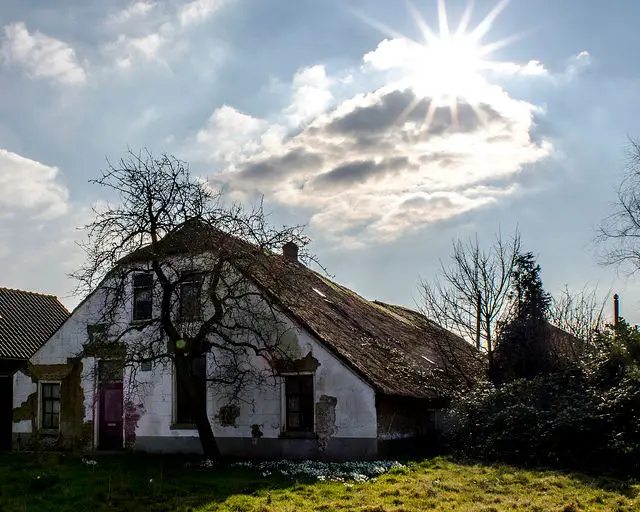Helen shares this latest news from the Country Land & Business Association. Ed
Local authorities must step up and allow traditional farm buildings to be sympathetically adapted for other uses or important rural heritage will be lost, according to the CLA.
Changes in agricultural practices and animal welfare regulations mean most traditional farm buildings have become redundant and a financial burden for owners. However, new guidance on their reuse, maintenance and repair published by Historic England aims to help conserve the buildings through sustainable development.
Planning department co-operation needed
The CLA which represents landowners, farmers and rural businesses welcomed the guidance but said the onus was now on local authorities to ensure planning departments actively allow for alterations and reuse or risk losing these important heritage buildings.
CLA South East Regional Director Robin Edwards said:
“This excellent guidance from Historic England gives welcome new advice for owners of farm heritage. These buildings are costly to maintain so in order to sustain them we must encourage new uses to make them relevant, valued and viable in the future.
“However, advice from Historic England alone will not solve the problem. This guidance could be the beginning of a new lease of life for these redundant buildings, but it is essential that local authorities rise to the challenge and work with property owners to prevent our heritage from disappearing.
“The time has come to use it or lose it. Traditional farm buildings are a vital part of the rural landscape but they must be conserved to prevent them from crumbling and being lost for future generations.”
Next Island meeting
The CLA’s South East office is holding a seminar on meeting rural housing needs, on 16 November in Newport, Isle of Wight.
For more details or to book a place at the event, which costs £15 for CLA members and £30 for non-members, email [email protected] or call 01264 313434.





